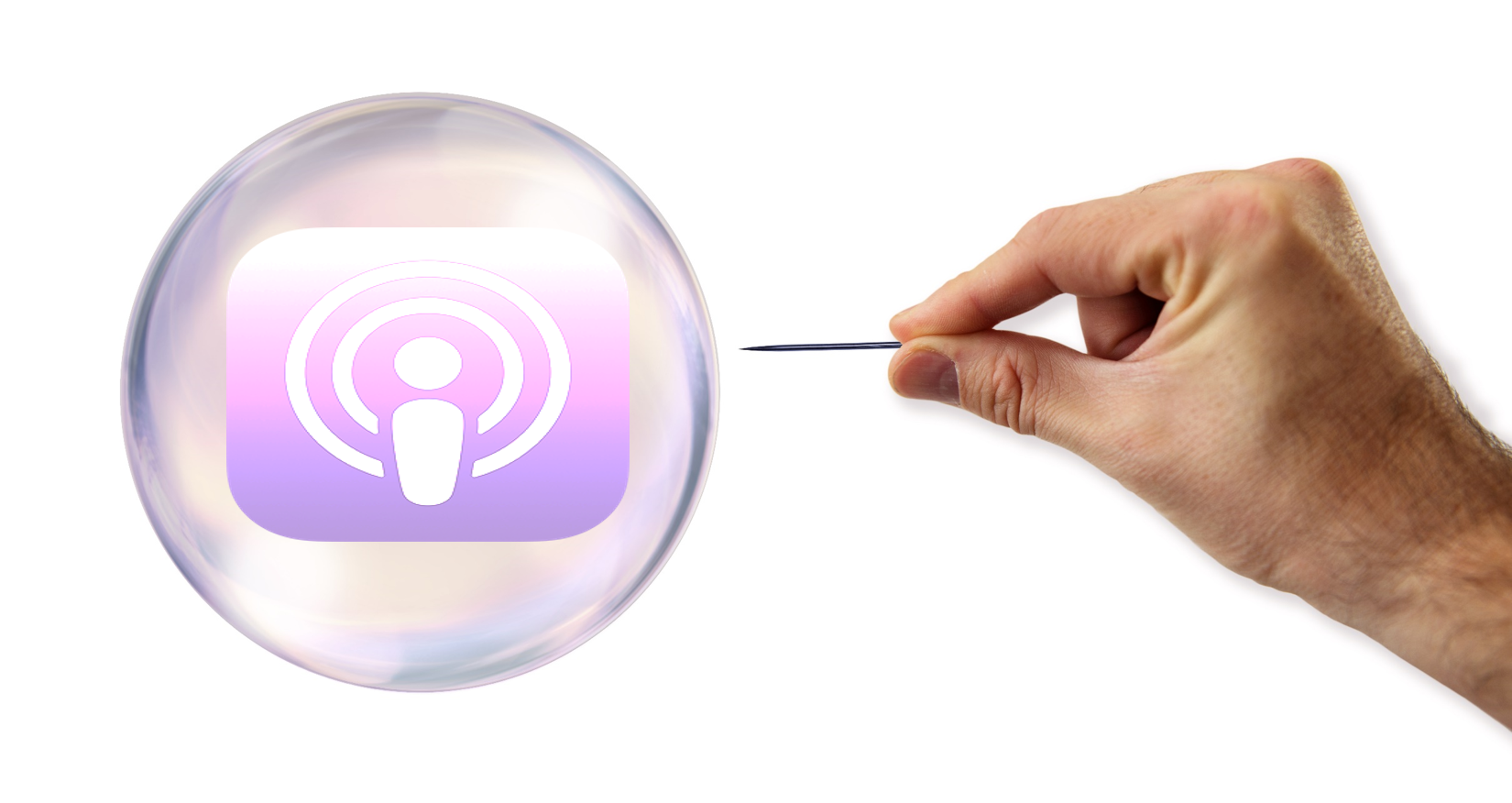
Keen-eyed JacoBLOG readers will recognize the graphic at the top of today’s blog. It originally ran nearly more than three years ago, in January of 2019, to be exact. We were at CES, doing a little trendspotting.
That post’s title – “Podcasting: A Bubble About To Bust, A Slow Leak, Or Just A Chance To Catch Our Breath” – talked about a variety of podcasting “speed bumps,” including the notion of the medium’s “peak content problem,” referring to a glut of on-demand audio, making it difficult for listeners to discover the good stuff.
Podcast advocates have scoffed at the notion, claiming that great content rises to the surface, often the topic of conversation and “earned media” via social media and mainstream coverage.
At the time I wrote that post, there were roughly 600,000 available podcasts to choose from. Today, the podcast inventory has grown 4-fold, making it even more difficult to stand out in the crowd.
For that post, I interviewed Daniel J. Lewis, an expert in the space whose website actually tracks the number of podcasts “in the wild” on his Podcast Industry Insights website.
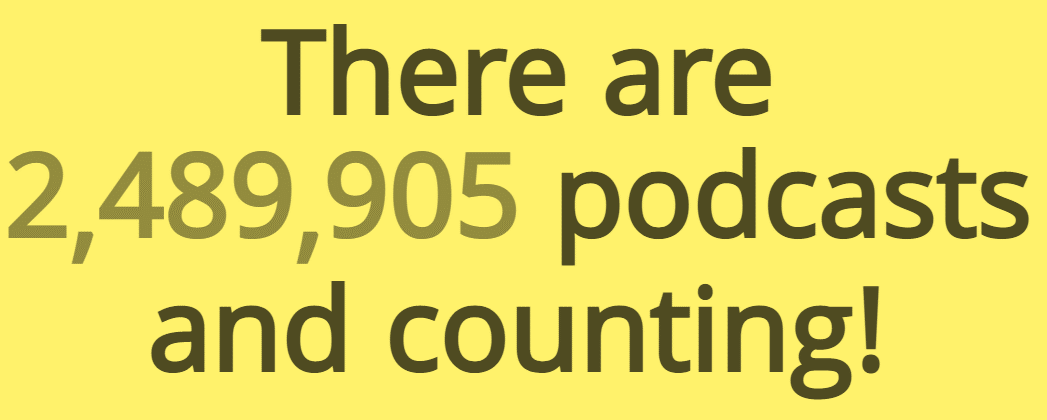
It’s a tough putt to promote and market podcasts, whether you’re an independent producer or your podcast is a part of a radio group that owns hundreds of stations.
I asked Daniel his thoughts on radio companies becoming major investors into podcasting:

“I like seeing radio broadcasters investing in the podcasting space. I think they could be recognizing that the radio audience is literally dying and podcasting is the next revolution for syndicated audio and video content.
“As much as I love the new talent, investment, and attention broadcasters are finally bringing to podcasting, I also have deep concerns such broadcasters are trying to make podcasting (which is a decentralized, grassroots, from-the-bottom-up industry) function more like traditional media: centralized, controlled, from-the-top-down.”
Three years later, and several radio broadcasters continue to invest in the podcasting space.
Last month, I wrote a post about “Serial,” the now-iconic podcast that helped resuscitate the platform. Since that time, the industry has simply not had a hit of that magnitude.
Contrast that with VSOD hits from the past few years – “Tiger King,” Squid Game,” “Ozark,” “Yellowstone,” “The Dragon King” – all buzzworthy shows people talk about and recommend.
And then there’s the issue of mass appeal. Our commercial radio Techsurveys, mostly comprised of 50+ core radio fans, show nearly nine in ten respondents subscribe to a service like Netflix, Amazon Prime, or Disney+.
Conversely, more than four in ten (41%) self-categorize as “podcast nevers” – people who just don’t make podcasts part of their audio diets. Add to them the 20% who listen to podcasts less often than monthly, and you have a medium that six in ten radio fans have little to do with.
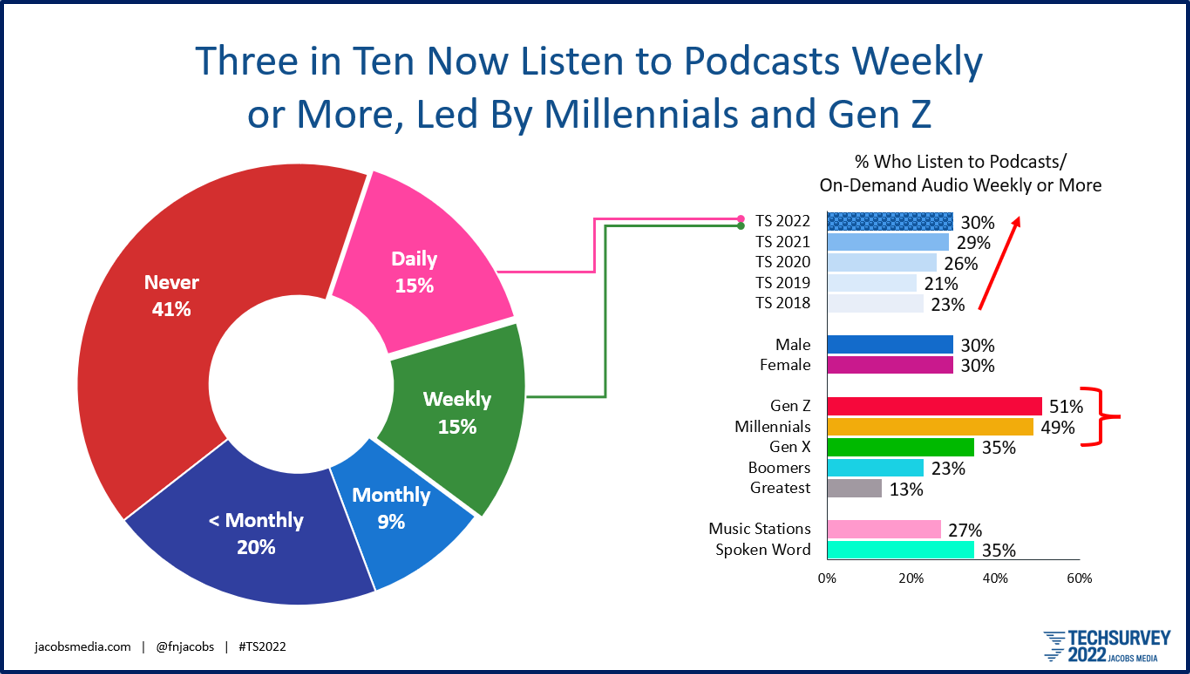
Now the cynics among you are thinking, “These are a bunch of aging radio people. Of course they’re not into podcasting.” And when you look at the Gen Z’s and Millennials, you can easily see the younger appeal of podcasting. Still, the lack of mass appeal acceptance is an impediment, going on two decades since podcasts became accessible to all.
But looking at the state of podcasting in 2022, it is becoming clearer there are problems that seem to be daunting. And last week, the negative stories about podcasting began to accumulate, leading me to think we may be entering a new phase for the medium.

The one that jumped off the screen was recently written by Nicholas Quah, podcast critic for Vulture from the New Yorker.
The title stopped me cold:
“Podcasting Is Just Radio Now”
How’s that for a headline guaranteed to offend pretty much everyone in both radio and podcasting?
Making the same point I made in my post about “Serial,” Quah notes there simply hasn’t been a blockbuster podcast since 2014.
And he makes the point it’s a problem for the medium:
“What does it mean for podcasting as an art form if it rarely inspires widespread critical discussion?”
Quah puts some of the blame on the crowded podcasting marketplace, making it essential to market most shows. Gone are the days when word-of-mouth would be sufficient to spread the word about a new podcast.
What’s the basis of the negative comparisons to radio?
Quah quotes veteran podcast producer Laura Mayer who insists “no one is taking any creative risk” in the space. Instead, they’re trying to figure out how to replicate past podcast successes.
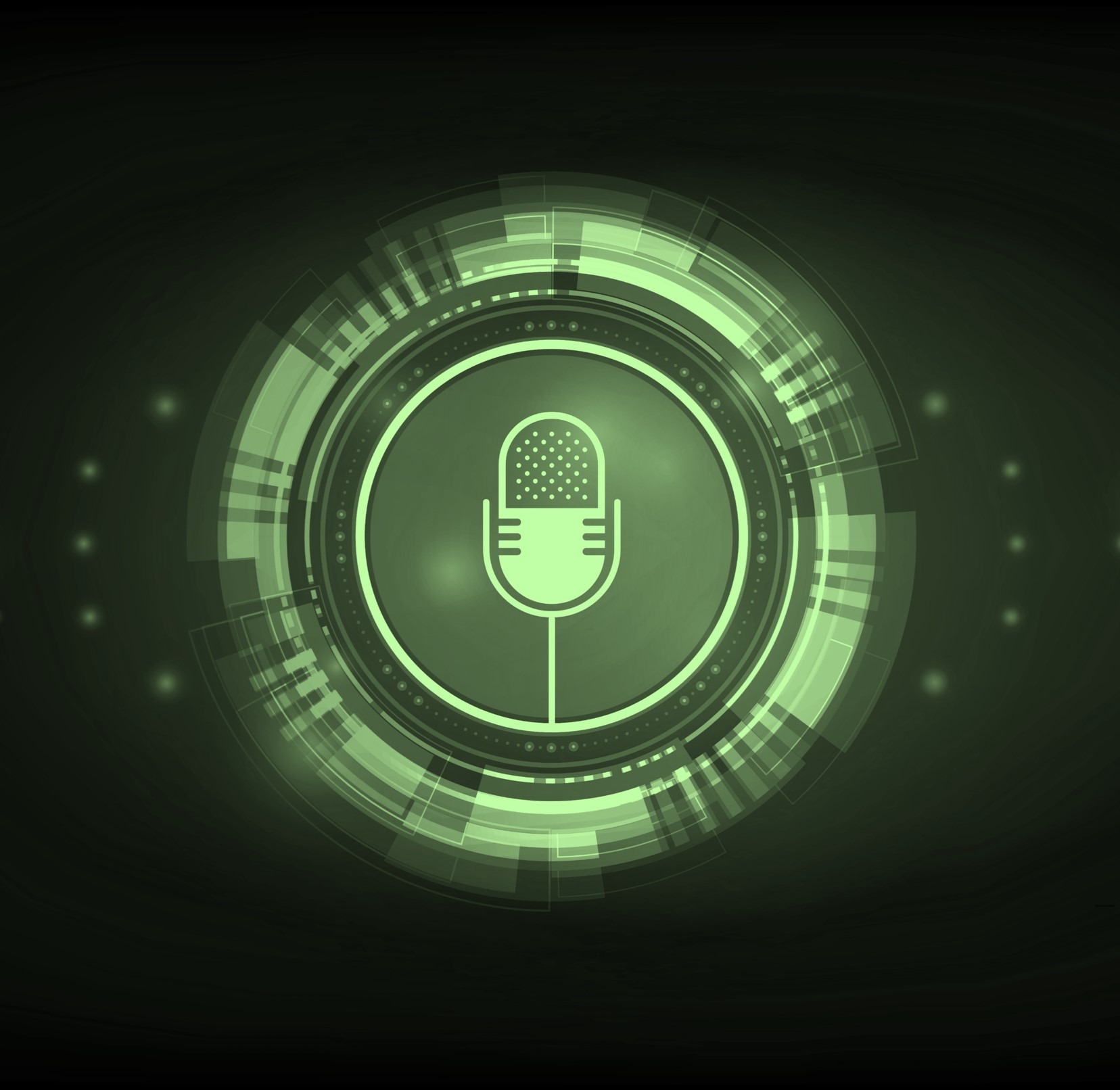 And to that, Quah adds that an advertising-dependent business model like podcasting (and radio) doesn’t usually reward creative risk-taking.
And to that, Quah adds that an advertising-dependent business model like podcasting (and radio) doesn’t usually reward creative risk-taking.
By going after big audiences to support production and talent expenses, he posits, the podcasting machine isn’t producing buzzworthy hits. And he wonders whether it might not be a bad idea for podcasting execs to think less mass appeal.
An “art house” model may not yield monster hits but it would encourage new ideas and creative talent, while also being true to podcasting’s creative roots.
Perhaps that’s true, but the big money already invested in podcasting – especially by radio broadcasters – might not make that quaint reality possible. The bottom line expectations are too great.
Podcasting is now predicated on billion dollar revenues – not the more modest box office generated by an “art house” medium. Podcasting today is less about niche and more about the mainstream.
Are voices like Quah and Mayer hyper-critical about podcasting or is there something that suggests there’s trouble in brewing in “PodcastingLand?”
In tomorrow’s post, I’ll take a look at some of the ominous signs we’re seeing – from credible sources that include Eric Nuzum, CNN, and Bloomberg.
Stay tuned.
You can read Part 2 of this post here.
Join me and the Podcast Radio folks at the Podcasts Futures New York conference on Wednesday October 19th. I’ll be talking about the confluence of podcasting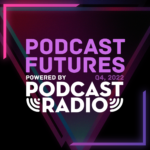 and broadcast radio. Podcast Futures is an all-day event starting at 10 am at the Javits Center.
and broadcast radio. Podcast Futures is an all-day event starting at 10 am at the Javits Center.
For more information and registration, go here.
- Media And Technology In 2025: Believe It Or Not! - April 18, 2025
- In Radio, You Just Never Know - April 17, 2025
- The Secret To Making A Great Podcast (And Great Radio) - April 16, 2025




Folks always want something new. Tough assignment. Keeping proven content fresh is where investment should be directed. Broadcasting has the licensed reach for reliable local connection. Put your money on RD – RADIO DVELOPMENT – and get prompt results, while delivering profitable, trusted service.
I tend to agree with Clark. Unless radio managers are investing in podcasts in order to further propagate one or more of a radio station’s existing products (eg, a show that listeners can access at a more convenient time), aren’t they just poaching ears from their primary channel(s), to the long-term detriment of the medium?
An additional problem with the data about podcasts is the lack of granulation: information showing how much of podcasts’ “share of ears” is of material that was also available over the air (arguably no loss to radio) and how much was unique content elsewhere unavailable (loss to radio). “Know thy enemy” is meaningless if you don’t know that a newcomer is in fact foreign and hostile.
Last week’s article in Time – Podcasters Are Buying Millions of Listeners, Raising Questions About Marketing Tactics – makes me wonder if advertisers will continue to buy at the current pace: https://time.com/6217261/podcasters-buying-listeners-mobile-game-ads/
Wow, just in case the waters weren’t muddied enough…
I do wish those reporting on podcasting took a moment to investigate the audio drama/fiction realm. There are so many innovative things being done in that space, and yet, it continues to be ignored. Audio fiction is capable of amassing and maintaining huge fandoms, attracting listeners to genres they may never have engaged with before, and yet journalism continues to give these shows a pass. Why?
Shannon, I don’t know. But I have to believe the space is so cluttered, it makes it hard for most things to cut through.
One question (to make things a little bit more difficult): those 2 and a half million podcasts count only for the U.S.?
How many podcast is it believed that are available around the globe?
Not sure, Tito. Hard to even get an accurate count of the number of podcasts.